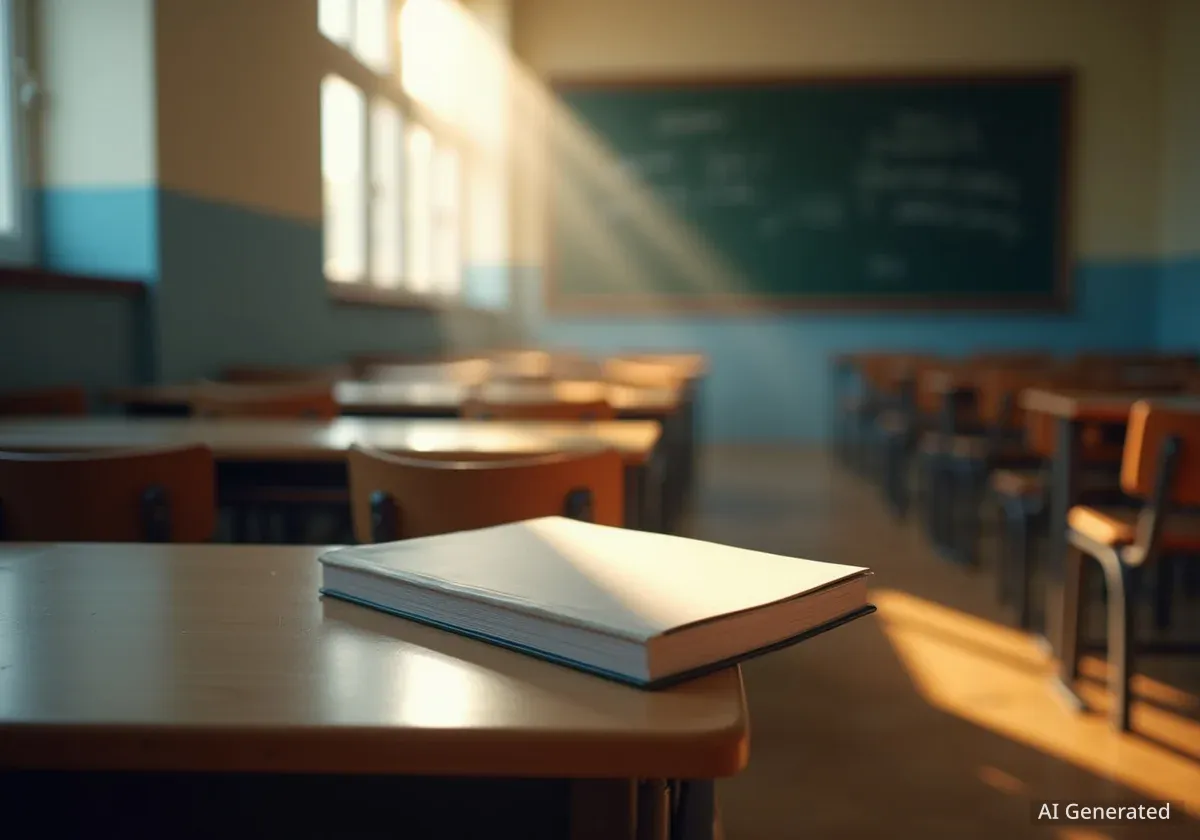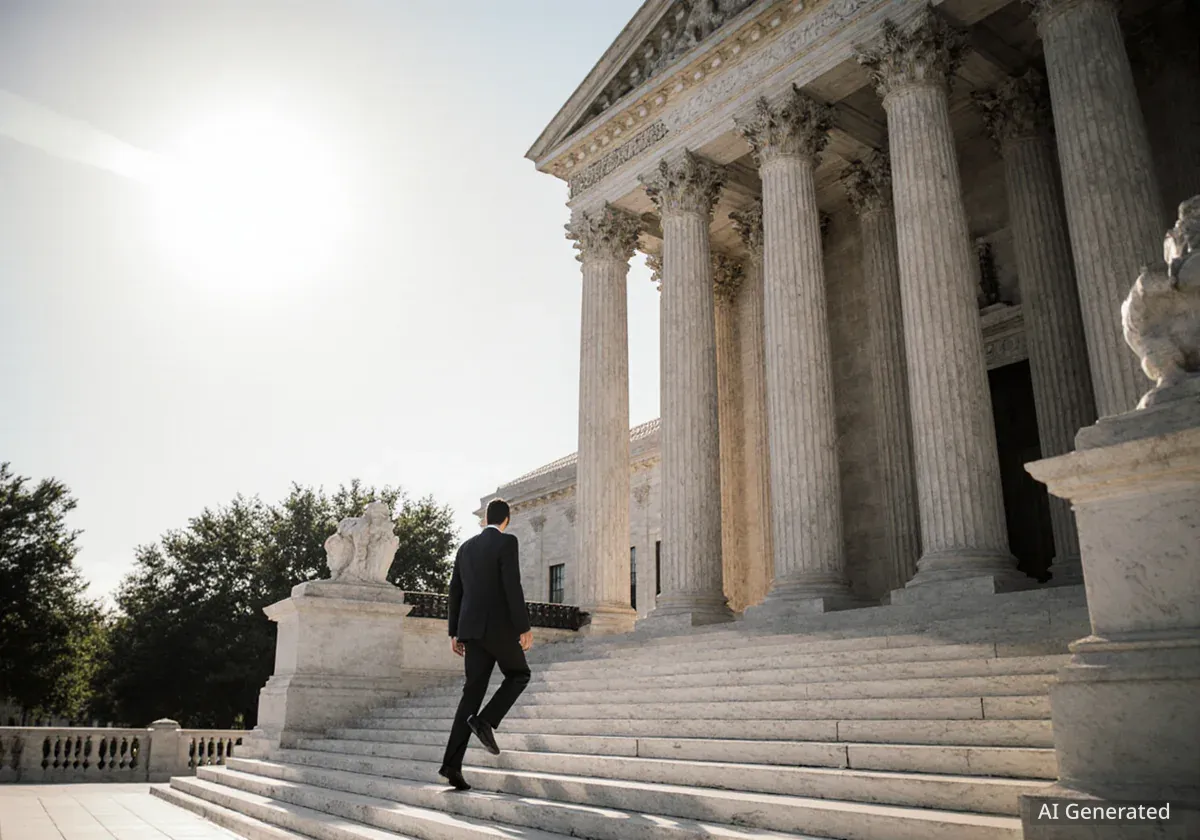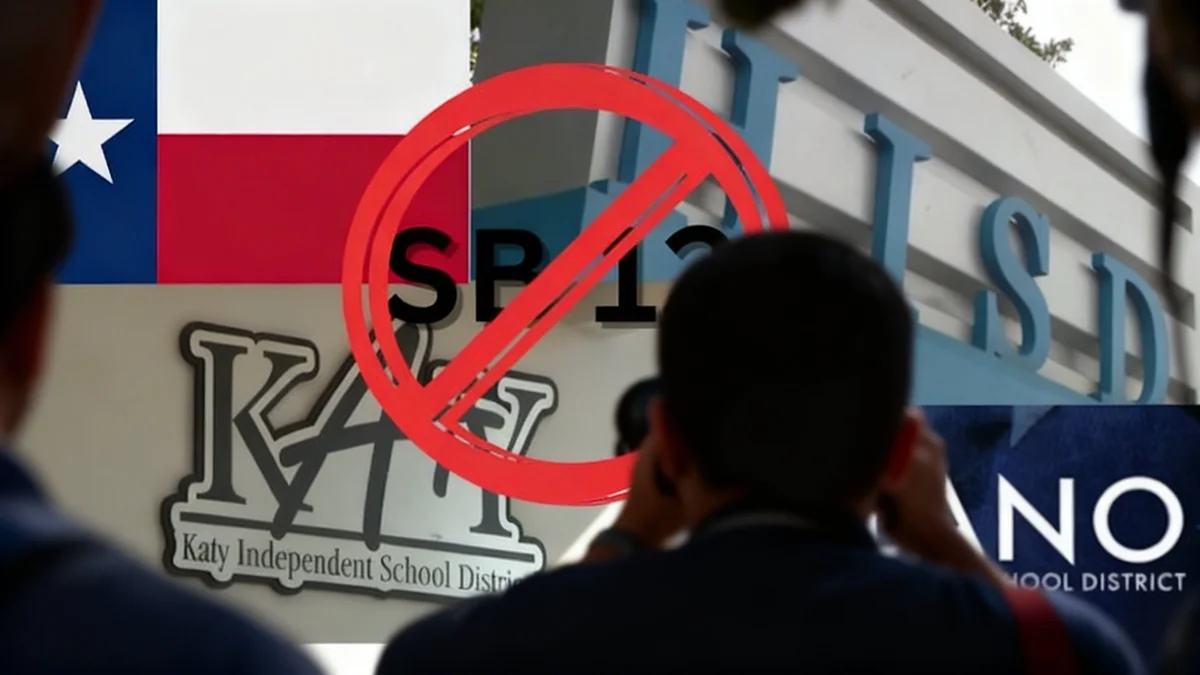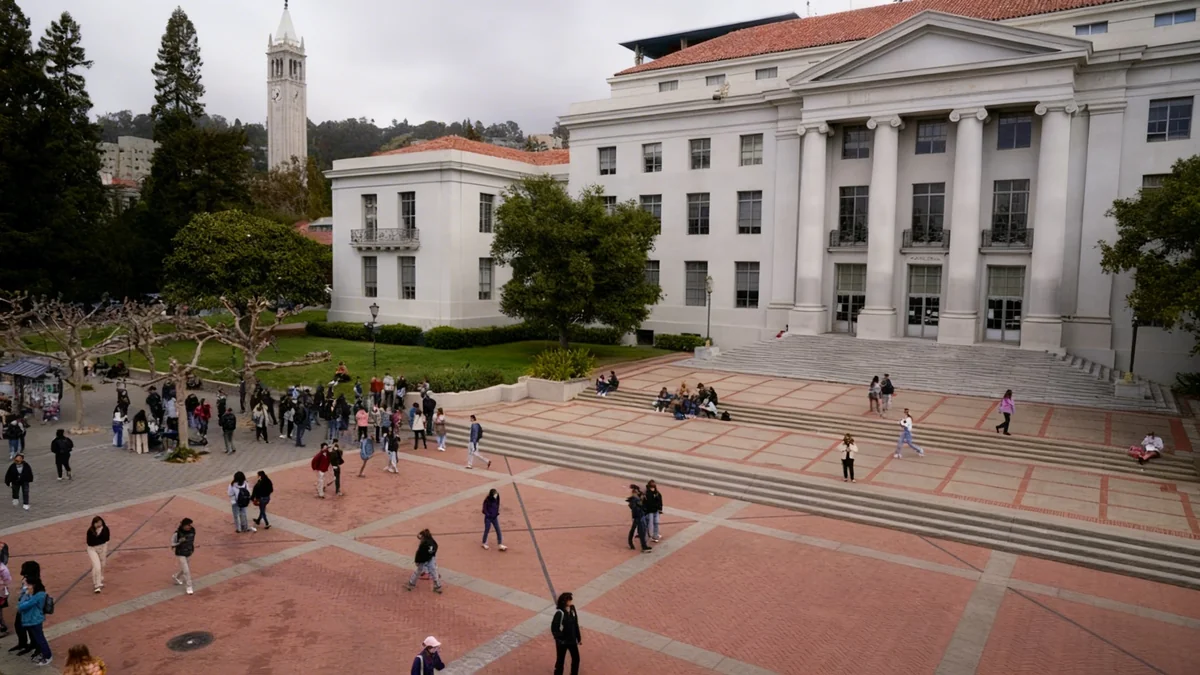A small school district in Northern California has filed a lawsuit against the U.S. Department of Education, challenging the sudden cancellation of a multi-million dollar grant intended for student mental health services. The McKinleyville Union School District alleges the termination of its funding was illegal and arbitrary, putting critical support for vulnerable students at risk.
Key Takeaways
- McKinleyville Union School District is suing the U.S. Department of Education to reinstate a federal grant.
- The district is set to lose nearly $6 million in mental health funding over the next four years.
- The funding allowed the district to increase its counseling staff from one to six for 850 students.
- District officials warn the loss of services could be a "case of life or death" for some students in the high-poverty region.
Legal Challenge Launched Over Canceled Grant
The McKinleyville Union School District, located in rural Humboldt County, initiated legal action after receiving a notice in April that its five-year mental health grant was being discontinued. This lawsuit represents the first of its kind from a single California school district, though it follows broader state-level challenges to federal funding cuts.
The nonprofit law firm Public Counsel is representing the district. Attorneys argue the federal government's decision to revoke the funds was made without proper justification and ignores the severe consequences for students in underserved communities.
According to Amanda Mangaser Savage, an attorney with Public Counsel, the district received a "boilerplate letter" citing a failure to comply with the administration's "priorities and policy preferences."
"McKinleyville relied on its grant to hire additional mental health providers and offer critically needed mental health supports to its students," Savage stated. "The administration’s unilateral and arbitrary actions make plain its indifference to the lasting harms its decisions are inflicting on high poverty, rural communities."
Immediate Impact on Student Services
Before securing the grant, the district employed just one school counselor to serve 850 students across three different campuses, spanning transitional kindergarten through eighth grade. The federal funding enabled a significant expansion of its mental health team.
"We were able to hire five more school counselors," explained Julie Giannini-Previde, the district's superintendent. This team provides essential services like mental health screenings, one-on-one counseling, and crisis intervention.
Without the grant, these positions are in jeopardy, and the expanded services are set to end on December 31. The loss totals nearly $6 million that was expected over the next four years.
Humboldt County by the Numbers
- 58% of youth have experienced traumatic events like abuse or homelessness.
- More than 1 in 5 high school students have considered suicide.
- The county has one of the highest rates of child poverty in California.
A Lifeline for a Vulnerable Community
The stakes are particularly high in Humboldt County, a remote area where access to healthcare is limited. Many families face a six-hour drive to reach the nearest major metropolitan area for specialized support.
The Role of Schools
For many children in the district, school is the only place they can reliably access support systems. "For many of our kids, the place they go for all of their services — for safety, for food, for mental health support — is the school," Giannini-Previde said.
The loss of in-school counselors places a greater strain on already overstretched county and community resources. Angela Sundberg, the social services director for Trinidad Rancheria, which serves Native families, noted that the county's behavioral health system already has a waitlist of at least two months for children needing immediate care.
A History of Trauma
The region has a significant Native American student population. Sundberg highlighted that these students often deal with intergenerational trauma. "The in-school opportunity to be able to have our kids be seen is, literally, the way that our kids are able to access mental health," she explained.
Sundberg said her organization, which operates with only two therapists, cannot absorb the additional need from the school district, especially after its own federal funding was also reduced.
Superintendent Says There Is 'No Plan B'
District officials feel they have been left with no viable alternatives. After the initial grants were canceled, the federal government announced a new, smaller grant program. However, Giannini-Previde stated that under the new criteria, the McKinleyville Union School District has too few students to even qualify for an application.
The memory of a student suicide on the local high school campus in 2019 looms large over the community. Giannini-Previde said the federal grant was the district's primary tool for preventing another such tragedy. The funds allowed teachers to better recognize students in crisis and refer them to on-site counselors who could intervene immediately.
"Losing this level of support for our kids could literally be a case of life or death for some of our students," Giannini-Previde warned.
If the court does not reinstate the grant, the consequences will be direct and severe. The five recently hired counselors will be lost, and students will no longer have consistent access to trusted mental health professionals at school.
"There’s no plan B," said Giannini-Previde. "We don’t have the funding to provide this level of support without this grant."





